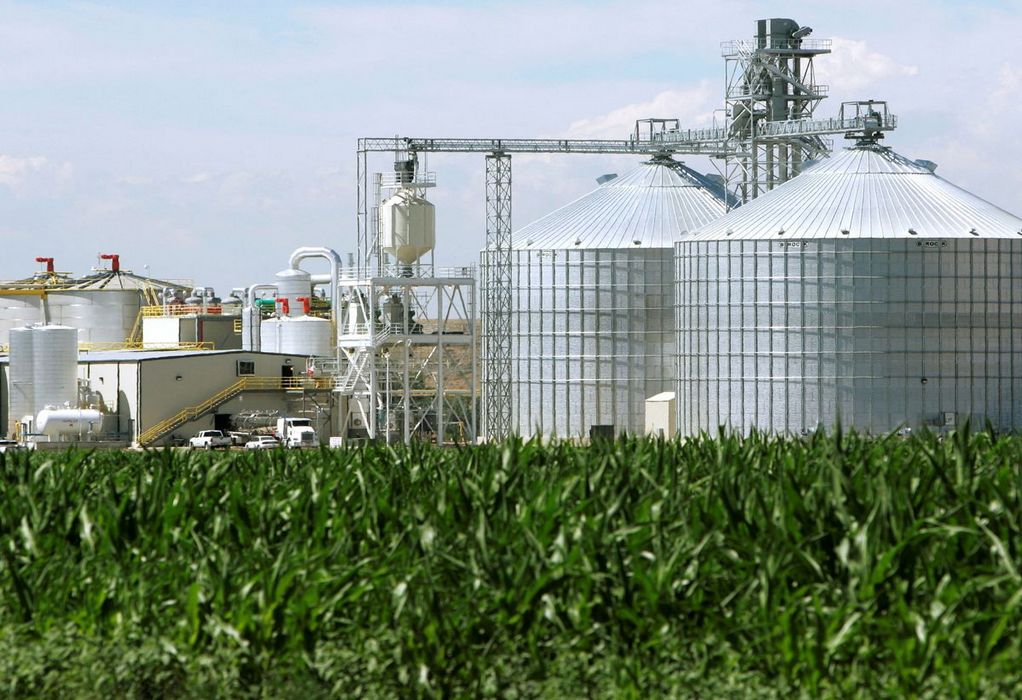Our future is guided by the need to adopt environment-conscious measures for everything we do. The consumption of traditional fuels is cited as the biggest source of carbon emissions. Our society is in dire need of a solution that will fuel our vehicles along with being environment friendly. Ethanol is proving to be a key contributor towards a future that prioritizes our environment. It is generally derived from various plant sources. Acknowledging the potential of this fuel, the government is providing support to ethanol manufacturing companies in India. This blog highlights the role of this biofuel in attaining our sustainability goals.
Reducing Emissions of greenhouse gases
It is the most noticeable benefit of this renewable energy source. It has an unmatched potential to reduce greenhouse gas emissions. This biofuel burns cleaner than the traditional alternatives. It releases fewer detrimental pollutants into the atmosphere. The amount of carbon emissions by vehicles can be reduced by blending ethanol in petrol. We all know that carbon dioxide is a leading contributor to growing climate concerns. This fuel enables a reduction in its emissions helping mitigate the impact of transportation on climate.
Renewable and Sustainable Source
The raw material used by traditional fuel refining companies is perishable. They are depleting each passing day with no scope for regeneration shortly. The ethanol plant manufacturers in India use plant feedstock to obtain ethanol. It generally uses agricultural residues or residues from a major product manufacturing process. This process helps in carbon sequestration. This is because plants absorb co2 during photosynthesis. This cyclical process makes the production of this biofuel a more sustainable solution for long-term energy needs.
Boosting the Agricultural Sector
The rise of ethanol as a biofuel has also provided new opportunities for this sector. Farmers benefit from the demand for crops like sugarcane, corn, and maize. These crops are mainly used in ethanol production. This creates additional revenue streams for farmers and manufacturers who process these crops. It also helps in the development of rural economies. Ethanol production also utilises agricultural waste. This makes it a holistic approach to using natural resources efficiently.
Conclusion
Ethanol is driving progress towards a more sustainable future. It offers a cleaner, renewable and efficient energy source. It has a major role in reducing emissions and lessening reliance on fossil fuels. This is seen as a commendable approach to ensure growth with sustainable solutions.





Comments